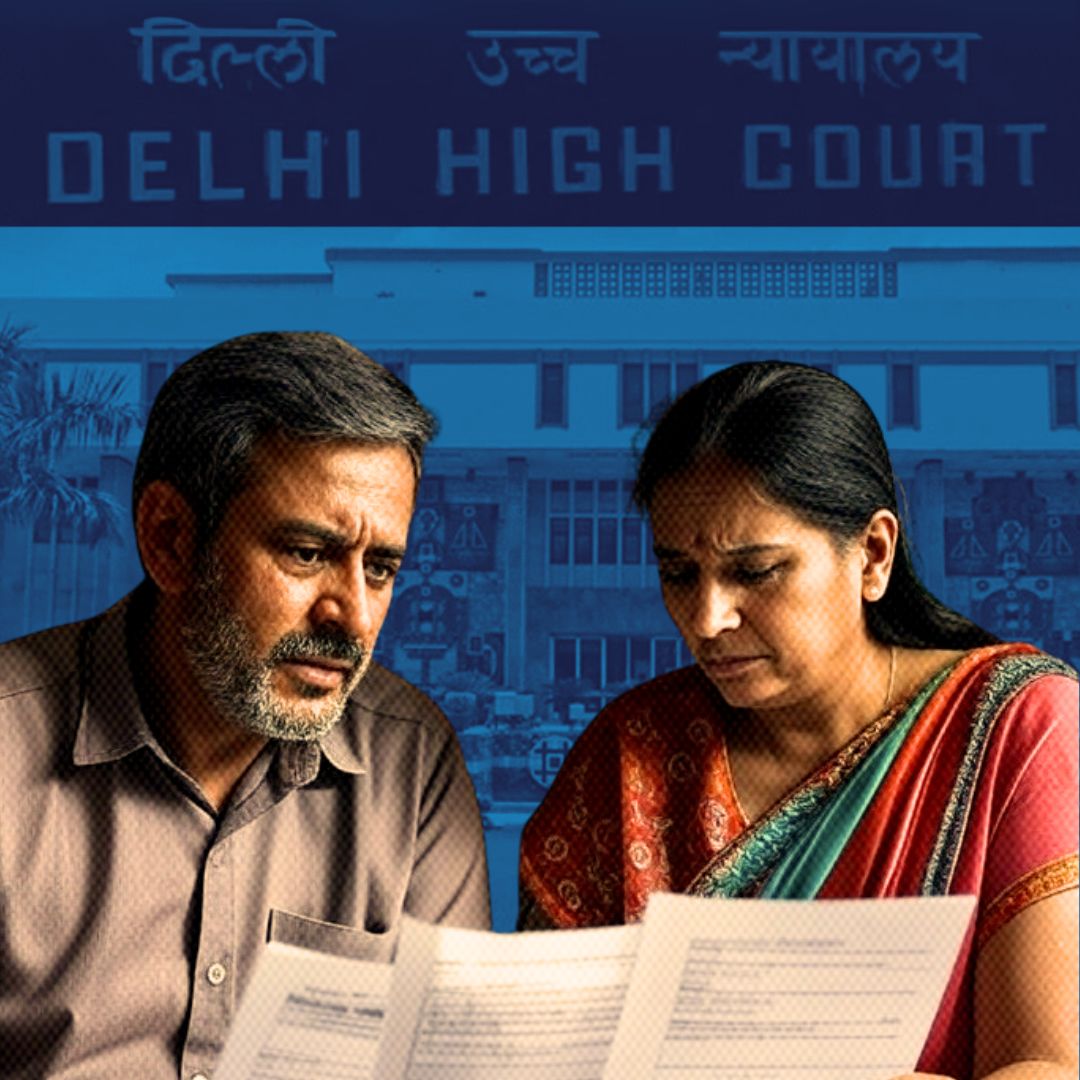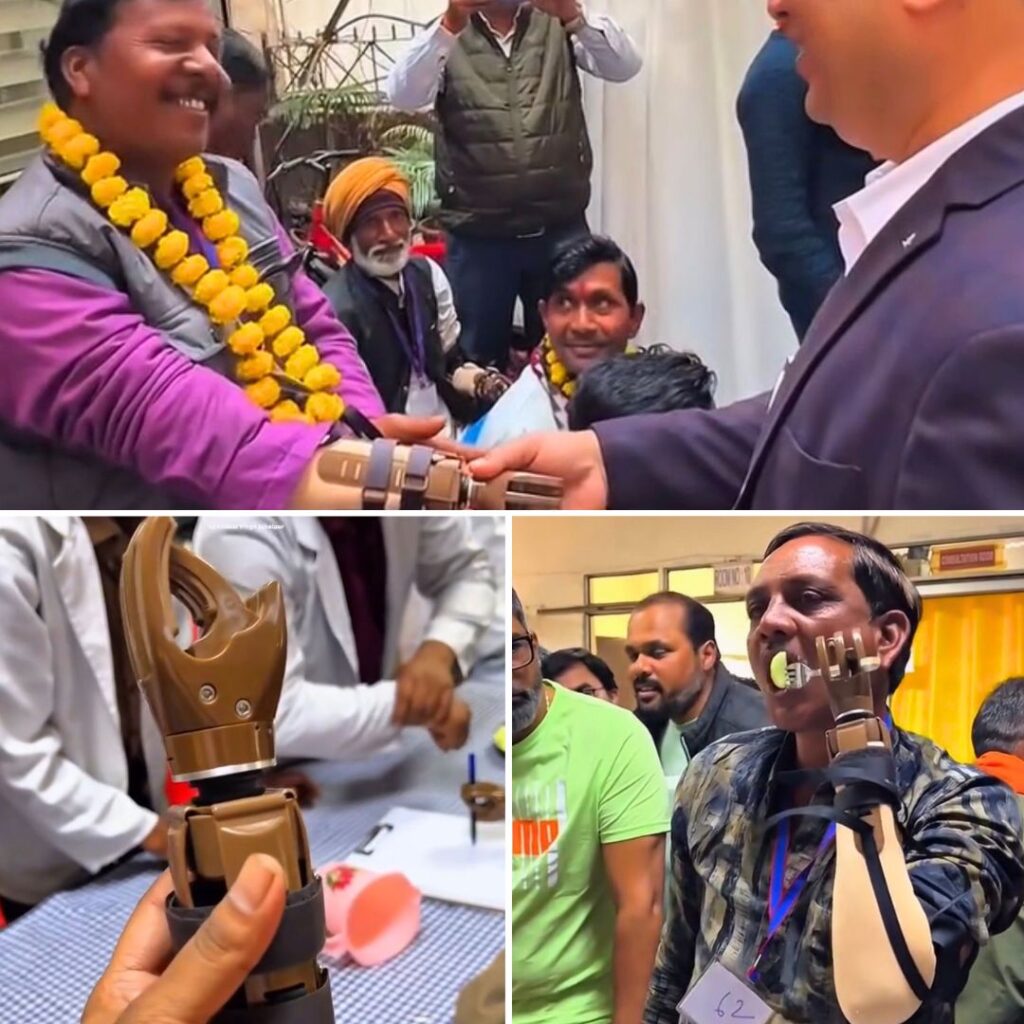The Delhi High Court has delivered a crucial ruling reinforcing that voluntary financial commitments such as personal loans or equated monthly instalments (EMIs) cannot be used by a husband as a justification to evade paying maintenance to his wife and child.
The court dismissed the husband’s plea that his financial liabilities reduced his disposable income, affirming that maintenance must be calculated on the basis of “free income” — the actual earning capacity after excluding voluntary expenses.
The case involves a couple married in 2009 and separated in 2020, with the wife seeking interim maintenance of ₹30,000 per month. The court upheld the lower court’s order directing the husband to pay ₹15,000 monthly, emphasising that caregiving responsibilities and child welfare take precedence over self-incurred financial burdens.
This ruling highlights the judiciary’s commitment to protecting the rights of dependents and ensuring that maintenance obligations are not diluted by personal financial decisions.
Maintenance Obligations Cannot Be Undermined by Personal Financial Choices
In its detailed judgment, the Delhi High Court bench, comprising Justices Navin Chawla and Renu Bhatnagar, underscored that maintenance is a statutory obligation and not a discretionary favour. The husband had argued that his EMIs, personal loans, house rent, and insurance premiums significantly reduced his take-home pay, and therefore, the maintenance amount should be reconsidered.
However, the court rejected this argument, noting that such financial commitments are voluntary and cannot be allowed to become an escape route to shirk responsibility towards dependents. “A person cannot wriggle out of his statutory liability to maintain his spouse and child by artificially reducing his disposable income through personal borrowings or long-term financial commitments,” the court observed.
The bench further clarified that maintenance should be assessed on “free income,” which reflects the actual earning capacity and standard of living of the paying party, excluding self-imposed liabilities. The court also highlighted that the husband’s pattern of borrowing appeared designed to evade maintenance payments, reinforcing that the welfare of the wife and child must be paramount.
Context and Background: Upholding the Rights of Caregivers and Children
The dispute arose after the couple, married since February 2009, separated in March 2020. The wife filed for interim maintenance seeking ₹30,000 per month, citing her inability to sustain herself and their minor son without support.
The husband, employed on a contractual basis, contested the claim, arguing that the lower court had overestimated his income and failed to factor in his financial obligations such as EMIs and other expenses. The city court awarded ₹15,000 per month, splitting ₹8,000 for the wife and ₹7,000 for the child. On appeal, the High Court reiterated that a wife’s choice to leave employment to care for a child does not amount to voluntary abandonment of work, and she remains entitled to maintenance.
The court directed the family court to reconsider the maintenance application after a thorough review of both parties’ income affidavits and bank statements but insisted that interim payments continue without interruption. This ruling aligns with recent precedents that prioritise child welfare and recognise caregiving as a crucial factor in maintenance disputes.
The Logical Indian’s Perspective
The Delhi High Court’s ruling is a vital affirmation of the principle that statutory maintenance obligations cannot be circumvented through voluntary financial commitments. It highlights the judiciary’s sensitivity to the realities faced by caregivers, particularly women who often sacrifice career opportunities for childcare, and reinforces the fundamental right of children and spouses to financial support.
The Logical Indian believes that such judgements promote empathy, fairness, and social justice by ensuring that family responsibilities are honoured regardless of personal financial manoeuvres.
As society evolves, it is important to foster dialogue around balancing the financial responsibilities of both custodial and non-custodial parents while safeguarding the welfare of children. How can our legal framework and social support systems further evolve to ensure equitable and compassionate resolutions in maintenance disputes?












